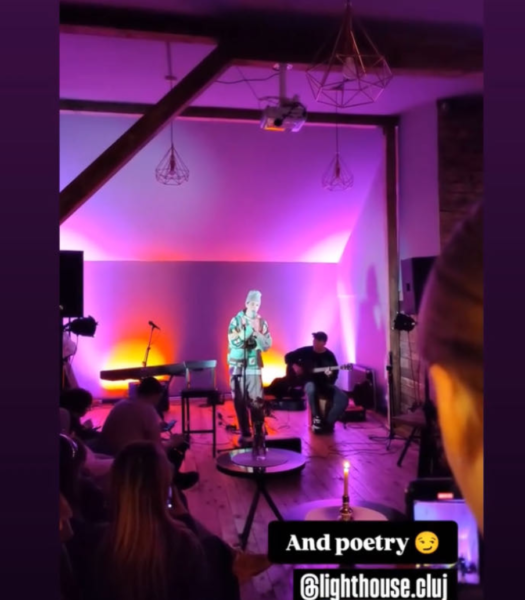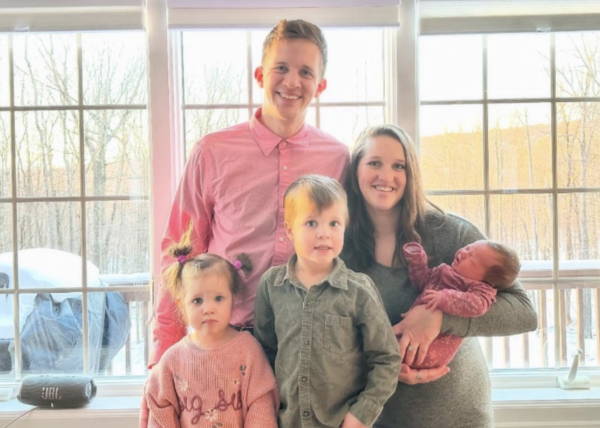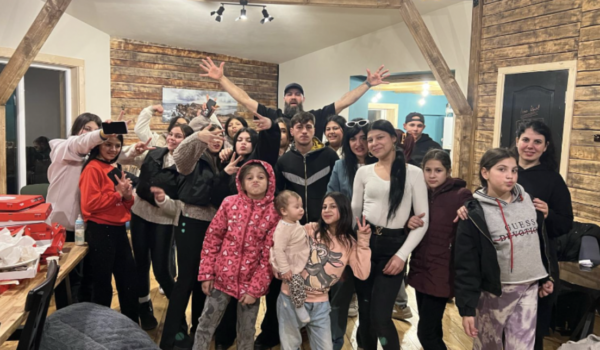The world is changing. Gone are the days when denominational and parachurch organizations represented the bulk of Western missional activity. Now, a growing number of individuals, couples, and families are being sent from independent churches or simply sending themselves into a variety of bi-vocational situations.
As the world continues to reshape, so is the world of global missionary activity. With the click of a button and a credit card, you can get visas, passports, plane tickets, housing, and a ride from the airport. Those were once things you needed a skilled professional to coordinate. This autonomy and ability to move around the world at a moment’s notice has become a mixed bag, depending on who you ask.
The good. Mission organizations are a beast to maintain. They cost money to staff and usually require buildings to own or rent. Where does that money come from? Usually, a mixture of church partners and the missionaries themselves. For the missionary, agencies can take anywhere from 5–20 percent off the top, directly from their support base. As a mediator between the donor and the missionary, the agency handles admin, banking transfers, and donation receipts. By handling this on their own or leveraging help from a sending church, the missionary cuts out the middleman and keeps more donor funds. Win.
Well, maybe.
The bad. The agility and autonomy come at a price. The missionary who goes it alone without an agency of any kind is essentially a lone ranger in the world of missions, at least at the beginning. Often, they end up taxing other missionaries and needing a lot of help to survive the first few months. Many agencies provide training in areas like cross-cultural realities, language learning, and budgeting. Without these benefits, missionaries fling themselves directly into complex sociological realities, and it’s sink or swim. Attrition is high, and going it alone without a back office of support can be a very lonely experience.
The Lausanne Movement notes that the “center of gravity of global mission has shifted from the West to the Majority World.” Latin America, Africa, and Asia are now leading in missionary sending. David Platt, for example, describes this shift as “a massive rebalancing of global mission energy toward the global south and east.”
It’s a cultural reflection. The Western individual: strong, independent, in need of nobody but the Holy Spirit and a wad of Baht (Bankok currency!).
The ugly? Whether this shift is positive or negative is interesting to consider.
What I’m most interested in is another caveat that may be going unnoticed by most Christians in the West. Local, indigenous believers are increasingly sensing the call of God to their own people, in their own country of origin.
For Westerners, this concept is foreign. If a friend said they became a missionary, we’d automatically ask:
“To where?”
Don’t we have to go somewhere worse than where we live now to get the badge of being a missionary?
Over the past few decades, Western missionaries have indeed been sent into many difficult (for us) places. The local church has taken root, matured, and missional efforts have begun to bear fruit. Missio Dei Journal writes that Western agencies must “shift from owning the mission to partnering in mission,” because they no longer hold the primary leadership role.
Some of that fruit looks like new believers who carry the same burden, gifting, and inspiration to live for the Kingdom among their people. In many of these cultures, the cost of living is low, and salaries are equally challenging. Sometime,s a side-hustle job is enough to live, move, and have their being while dedicating most of the day to Spirit-led activities.
I’ve met and am friends with several local missionaries who don’t fit modernity’s mold. Let’s call them Post-modern missionaries. Romanians who are both qualified and effective missional agents in their home country. Ukrainians who served Jesus before the war, while holding stable jobs, are now full-time in-country missionaries. Russians — yes, even Russians — who have left their country and are now Post-modern missionaries in other Russian-speaking nations. Many have part-time jobs. Many simply live by faith — Acts-type faith that would challenge a Western believer to the core.
This brings me joy and concern.
Joy because God is at work, inviting and sending His Church into the world He loves. Joy because supporting a local missionary can cost one-tenth of sending a Western missionary family (Lausanne). Joy because this is what we should anticipate and hope for. Concern because the Western church, for the most part, is business as usual.
OMF International warns:
“Mission agencies must radically alter their operating models or face obsolescence.”
Too often, we Westerners want to be the ones doing the ministry. We’d rather travel two thousand miles to swing a hammer on a nail than send the cost of the ticket to empower someone local to do it quicker, 10x less the cost, and with potentially greater community impact. Our identity as missional saviors to the world often gets wrapped up in being the ones with the answers, the money, the Gospel.
What if the greatest impact of our resources isn’t when we use them ourselves, but when we reposition them to empower indigenous missionaries and unleash a global ripple effect far beyond anything we could imagine?
We are living at a crossroads in history — including church history.
We can come alongside what the Spirit is doing and support these hybrid, Post-modern missionaries. They are our brothers and sisters in Christ. They are gifted, willing, and sacrificing their lives for the advancement of love.
To support non-Western missionaries, contact me or donate via our registered charity here.
Bruce Crowe








